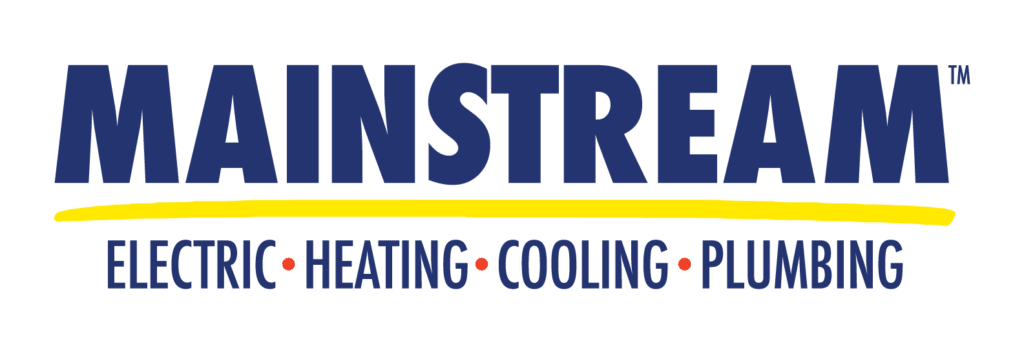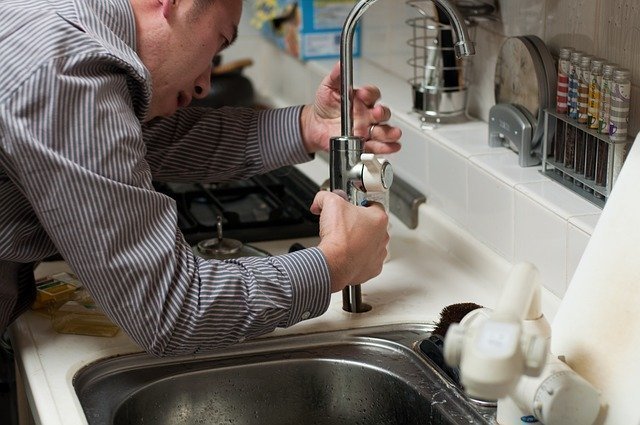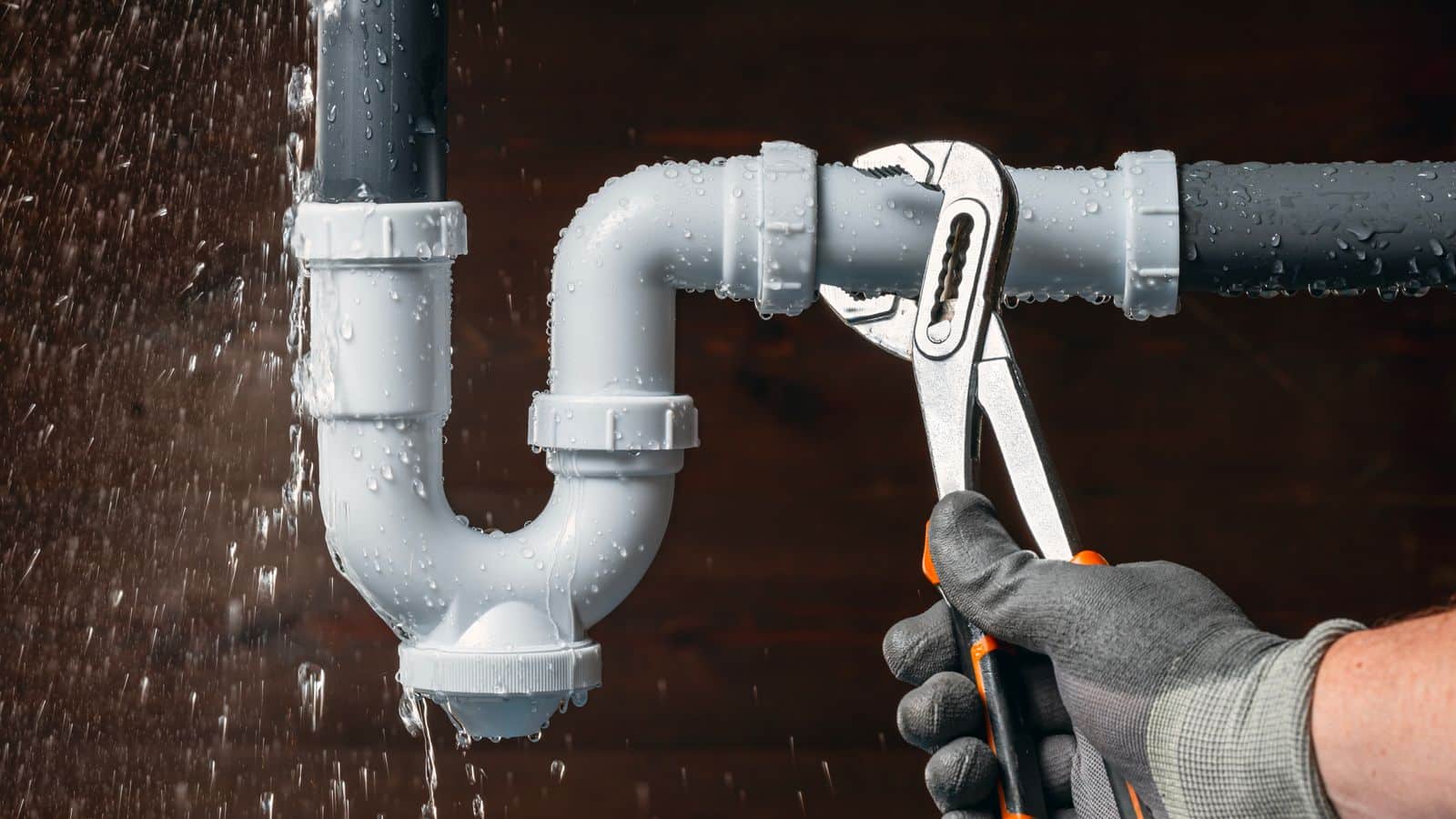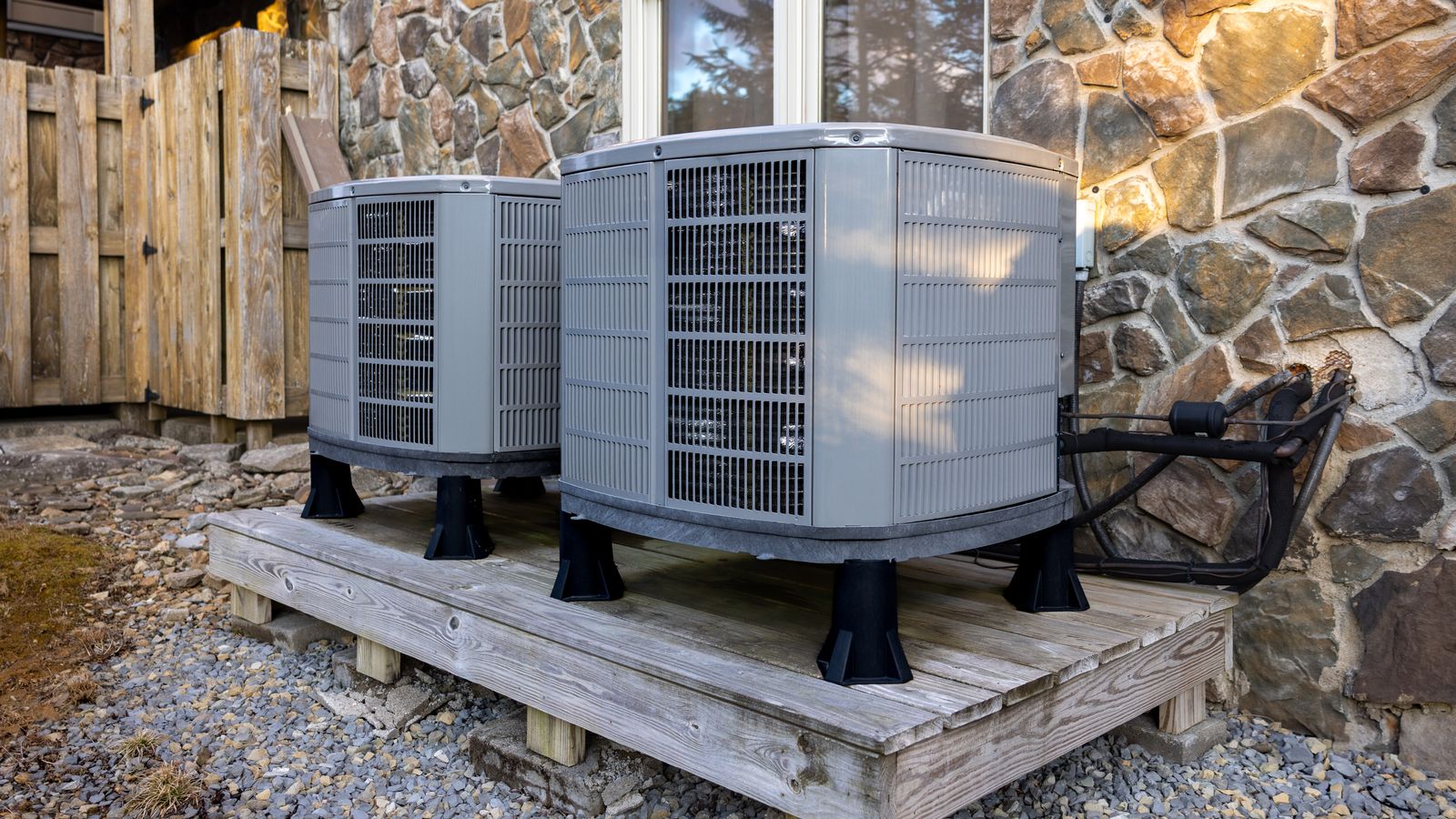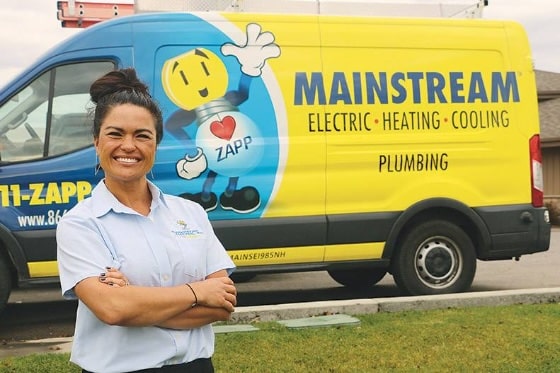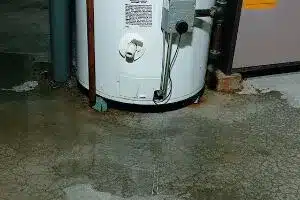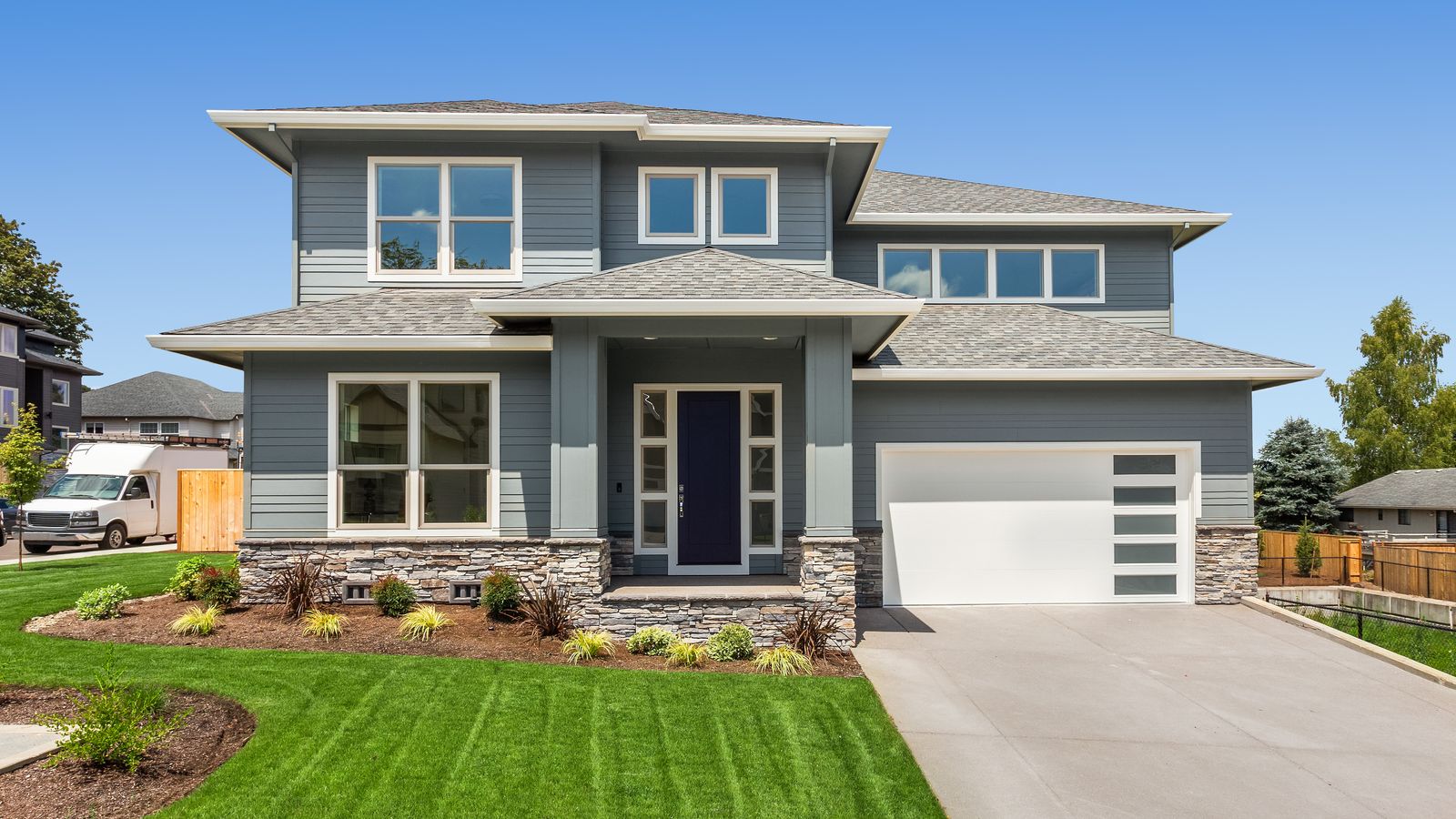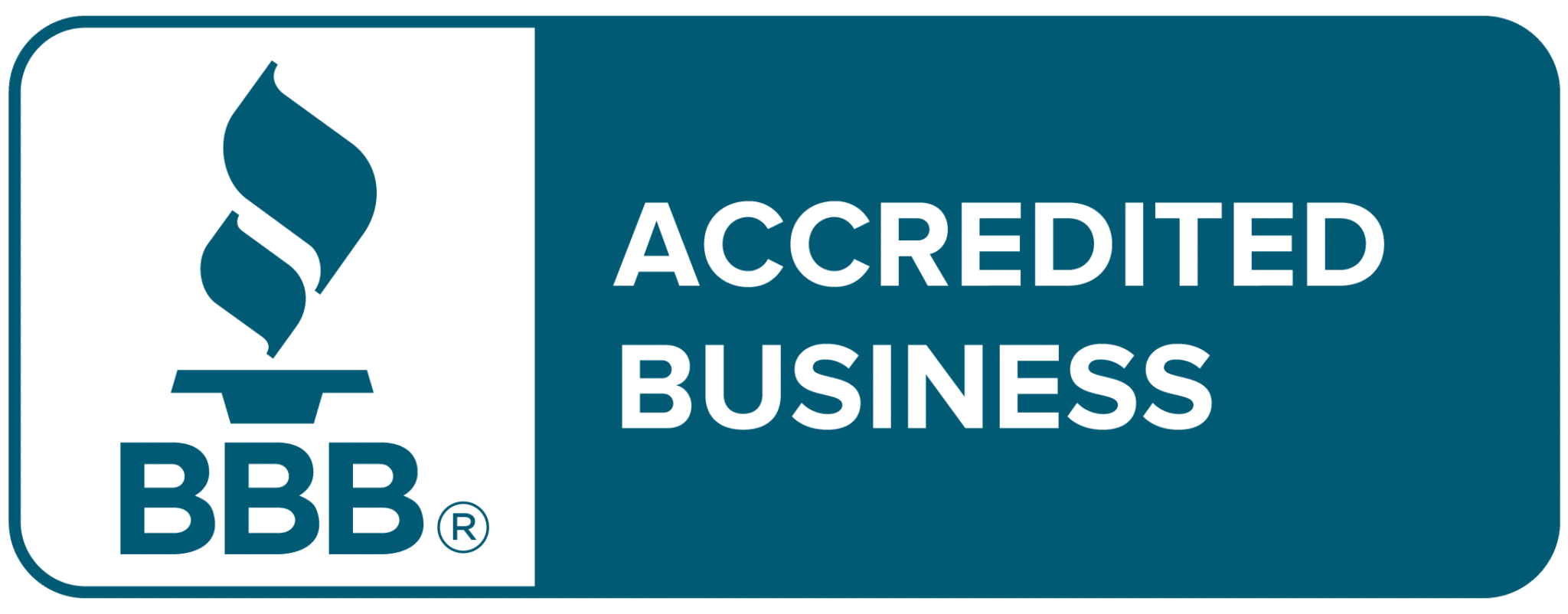Plumbing systems enhance your home’s comfort by handling water and sewage needs. Some of these issues can wait until your plumber comes to fix scheduled maintenance, but a plumbing emergency puts your health, safety, and home at risk.
Any plumbing problem with adverse damages originating from a source you cannot identify or control is an emergency. Often, plumbing emergencies require you to shut off your entire home’s water supply.
All About Plumbing Emergencies
What Are the Most Common Plumbing Emergencies?
Many homes suffer plumbing problems which cause havoc when the problem is not solved quickly. Fortunately, emergency plumbers like Mainstream are always available to attend to issues that require immediate attention, such as clogged drains and damaged pipes.
Burst Pipes
Water pipes can burst due to old age or cold temperatures that freeze and expand water. As a result, a burst pipe releases gallons of water in a short time and causes adverse structural damage.
Water from burst pipes can compromise your furniture, walls, and ceilings. In addition, water damage also provides a favorable environment for the growth of mold and mildew.
Unfortunately, you can’t repair burst pipes if you do not have the expertise. So, your best shot is to turn off the water supply, call an emergency plumber, and move affected items away from the flooded area.
Overflowing Toilets
An overflowing toilet is a plumbing emergency. As frustrating as a flooded toilet already is, the issue worsens when you only have one bathroom in the house or all your toilets overflow.
You will have to hold tight until your emergency plumber fixes the problem. Toilet overflows consist of water and, in some cases, solid waste, which poses a danger to your health.
A toilet overflow can arise from various issues — clogs, sewer backup, or damaged float mechanism. Before the plumber arrives, switch off the water supply valve on the wall behind your toilet to stop the water flow. If nothing happens, turn off the water from the mains and do not turn it back on until the plumber fixes the issue.
Leaky or Broken Water Heater
A leaky water heater is inconvenient during cold weather, especially for children, the aged, and people who are sensitive to cold. If a smelly gas accompanies the leak, call an emergency plumber immediately.
Broken water heaters are dangerous if you cannot turn off the water source or power supply or reduce water temperature. Too high temperatures indicate a high pressure or a broken relief valve. When enough excess pressure builds up, your water heater could explode and cause serious damage or injury.
Sump Pump Failure
If you live in an area with heavy rainfalls, a sump pump protects your home from floods. Sump pumps remove rainwater that gets into your basement and crawlspace. So, the most obvious indicator of a sump pump malfunction is water in your crawlspace or basement.
Other common indicators of sump pump failures are weird noises, irregular cycles, and wet spots on dry walls. Because sump pumps work more when it’s rainy, you should not delay sump pump problems. Otherwise, your home will suffer water damage.
Gas Leaks
Natural gas is odorless and colorless, but some companies add a chemical to give the gas some smell. Often, the gas smells like sulfur or rotten eggs and produces whistle sounds or hisses in the gas line.
Gas leaks are hazardous and can have adverse effects on you, your family, and your pets. Mild symptoms of gas leaks include malaise, dizziness, irritated eyes, headaches, and nose bleeds.
No Water
Lack of water may not be as dangerous as most other plumbing problems but causes a great inconvenience. For example, you cannot flush the toilets, do laundry, take a shower, or prepare meals.
Your water company might sometimes shut down systems for maintenance, but you’ll get a prior notification. Other common causes of lack of water are major leaks along the lines, large clogs in the pipes, and a broken valve.
Blocked Sewer Lines
Blockages and drain clogs are inevitable in many homes, but you can reduce the chances of blocked pipes with good system care. Where your sewer lines clog, waste cannot effectively pass from your home to the sewer lines.
Often, your lines can get clogged when you flush foreign items like feminine products and paper towels down your toilet. Sometimes you can clear out minor clogs on your own, but severe blockages require a plumber to fix them for good.
Tree roots could also block your sewer lines, in which case the only solution is to call a plumber. Your plumber does a detailed inspection to get to the root cause and fix the problem with drain cleaning, hydro jetting, and other options.
When Do Plumbing Emergencies Become More Dire?
All plumbing emergencies call for immediate action, but some can cause severe damage. Here are two scenarios that make a plumbing emergency dire:
When People Cannot Use the Affected Facilities
Most plumbing fixtures are essential for survival and comfort. People should be free to use amenities like toilets and taps. It would be a dire plumbing issue if there is only one toilet in a home that becomes inaccessible. Since humans must answer nature’s call, toilets should always be available.
When the Emergency Compromises the Home’s Structural Integrity
Water damage reduces the durability of walls, ceilings, basements, and other home structures. Plumbing emergencies like burst pipes that leak water are dire and call for immediate action.
Does Homeowners Insurance Cover Plumbing Emergencies?
Many homeowners insurance companies cover sudden or unexpected damage from plumbing emergencies. Nevertheless, the insurance does not cover gradual damages such as slow leaks. Regional flooding may not get covered under homeowners’ insurance.
Any time you face an emergency plumbing problem that jeopardizes your health and safety or access to water, call emergency plumbing services to sort you out. Mainstream Electric, Heating, Cooling, and Plumbing is the number one plumber to contact for any plumbing emergencies. Contact us today.
